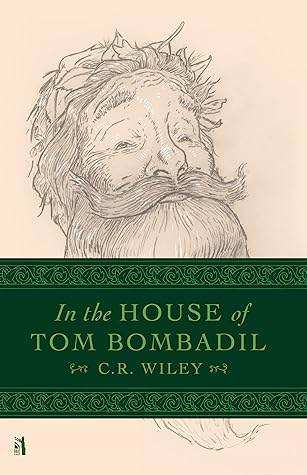More on this book
Community
Kindle Notes & Highlights
Tolkien was a philologist—a connoisseur of languages. He knew all about speaking on more than one level without resorting to allegory.
In the modern world the quest for knowledge is premised on the belief that the natural world is nothing more than a vast machine. Since it is merely a machine, learning how it works entails disassembly, breaking things down into their constituent parts.
creation leaves room for subcreation, and even elaboration—and a consummation of given things.
If our world is also a work of art, then why can’t we hear music ringing in our ears the way that Tom and Goldberry seem to? Could it have something to do with how we perceive things? Are we even listening? Do we want to? We live in a tone-deaf time and we behave as though there’s no natural order to harmonize with; instead, we think that the world should just do what we tell it to do.
the music is still playing in our world, and what we need in our time is our hearing restored.
In a flat world things grow in significance at the expense of other things, but in a vertically ordered world, things can freely be themselves, even when they are subject to others.
The primary emotion in any bureaucracy, and the real thumbscrew of managerial control, is fear.
The next world infuses this one with meaning because, as the story suggests, in some sense our works in this world will follow us into the world to come.
Our troubles, our daily struggles with evil, amount to a better story than one in which our troubles vanish with a casual wave of the Divine Hand.
Maybe not wanting to be great is a prerequisite of greatness.


